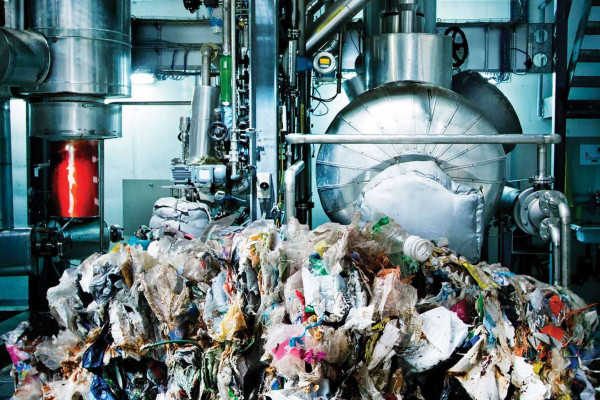Location: Kiev region
The company was founded in 2014
Number of employees: 10 people, including an ecologist
License:
- License for the collection, treatment and disposal of hazardous waste, which was obtained in 2018. The license is not limited. The license has no expiry date.
- The widest list of hazardous wastes (24 types) that can be handled.
- There is also a license from Ukrtransbezpeka for the transportation of dangerous goods.
- Three international ISO certificates that the company adheres to the European standards.
- The company has agreements for processing waste from European partners. In addition, the company also works with large Ukrainian enterprises.
- The term of obtaining such a license for hazardous waste management ranges from 1.5 to 2.5 years, with a full package of all permits.
- The company passed all environmental inspections (scheduled and unscheduled) in 2020 and in 2021.
- The license was checked by the Ministry of Ecology and Natural Resources of Ukraine, Ecological Inspectorate of Ukraine).
Other assets:
Leased area of 3 hectares, which could be increased.
The site and warehouses are arranged according to ecological norms.
High-temperature furnace with a load of 1.5 t / hour. There is a special technical shredder for working with waste, thugs, etc. as well as the entire material and technical base in accordance with the licensed conditions.
The company has a clean history.
Source of income:
There is a possibility of signing a contract for the utilization of bitumen with a volume of 20 000 tons, with a net profit of 50 EURO / ton. Consequently, the annual profit could be 1 000 000 EURO.
The main types of waste that the company works with:
- Waste petroleum products that are not suitable for their intended use (including used motor and industrial oils and their mixtures)
- Waste containing chemicals that are out of specification or beyond their expiration date
- Wastes from the production, manufacture and use of resins, latexes, plasticizers, adhesives / binders
- Waste from the production, receipt and use of chemicals for wood impregnation
- Mercury and mercury compounds
- Waste acid solutions (including not otherwise specified in the spent electrolyte)
- Waste packaging and containers
- Waste and scrap from electrical and electronic assemblies containing components such as: rechargeable batteries or other batteries, mercury switches, glass from cathode ray tubes or other activated glass
- Waste oil / water mixtures, hydrocarbons / water, emulsions
- Galvanic sludge
- Wastes or substances containing, consists of or contaminated with polychlorinated terphenyls (PCTs), polychlorinated naphthalenes (PCNs), or polybrominated biphenyls (PBB), or any other polybrominated analogs of these compounds
- Waste from the production and use of inks, dyes, pigments, paints, varnishes, drying oils
- Waste from production and use of pharmaceuticals
- Used lead acid batteries (intact or broken)
- Wastes containing components or contaminated with sludge antiknock compounds with added lead
- Waste heat transfer fluids
- Waste non-halogenated organic solvents
- Waste in the form of resinous residues (other than asphalt binders) from the refining, distillation or any pyrolytic treatment of organic materials
- Gasoline sludge containing lead
- Clinical and similar waste
- Rubber products (including tires) that are damaged, dirty or unidentified, which cannot be used for their intended purpose
- Production waste that is not suitable for further use, which is not dangerous (including products expired or spoiled, confiscated, flavorings, food additives, agricultural seeds, etc.)



